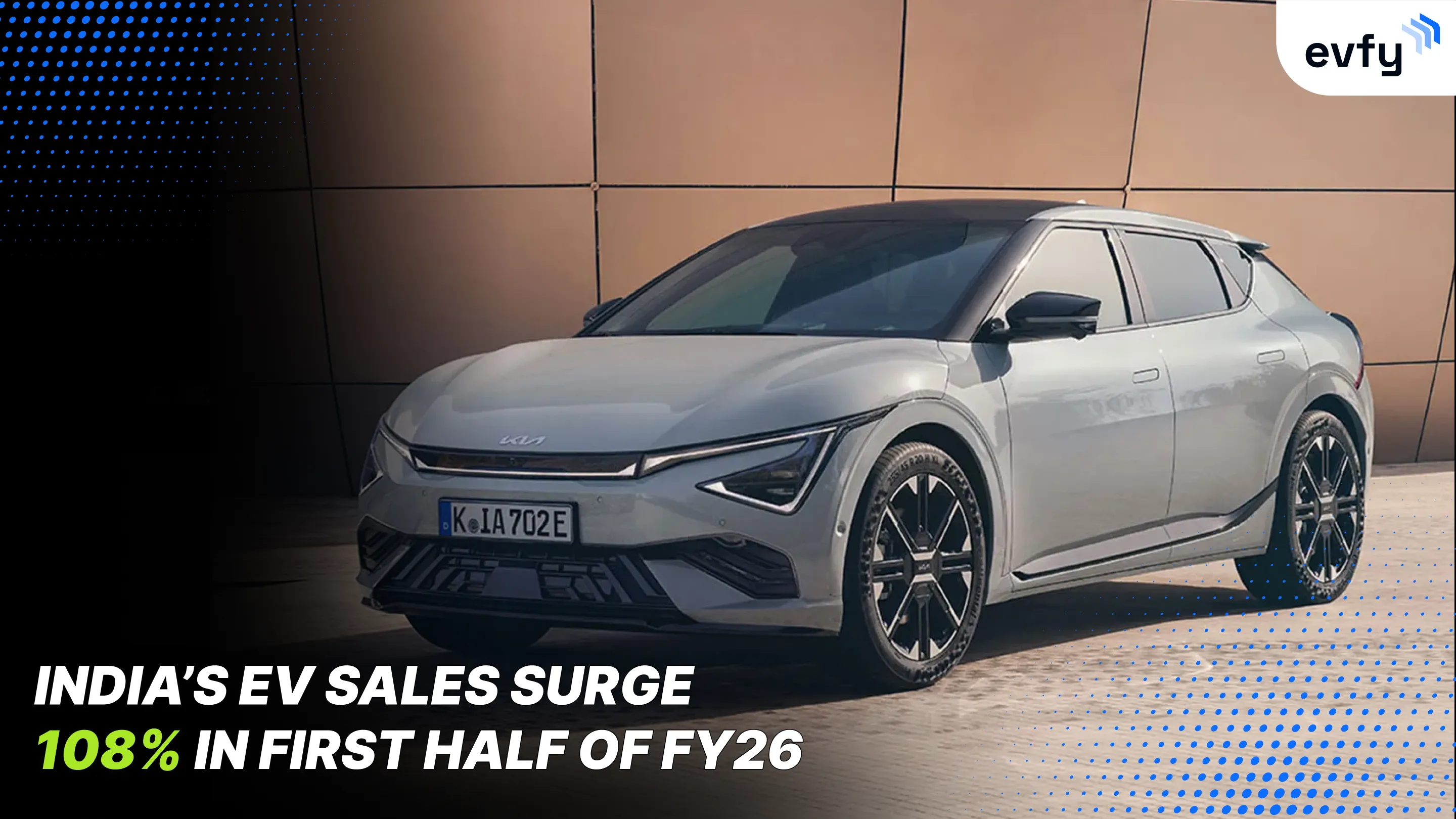Quick Highlights
- EV sales in India jumped 108% in the first half of FY26 to 91,726 units.
- EVs now contribute 5% to total passenger vehicle sales, nearly double from FY25.
- Tata Motors, MG, BMW, and Mercedes-Benz are leading the electric charge.
- EV and hybrid share projected to hit 30% of the market within the next decade.
India’s Electric Vehicle Sales Double in H1 FY26, Marking a Major Leap Toward Greener Mobility
India’s electric vehicle (EV) market is witnessing an unprecedented surge, with sales more than doubling in the first half of FY26. According to the Federation of Automobile Dealers Association (FADA), EV sales jumped by 108% year-on-year, reaching 91,726 units between April and September 2025, compared to 44,172 units in the same period last year.
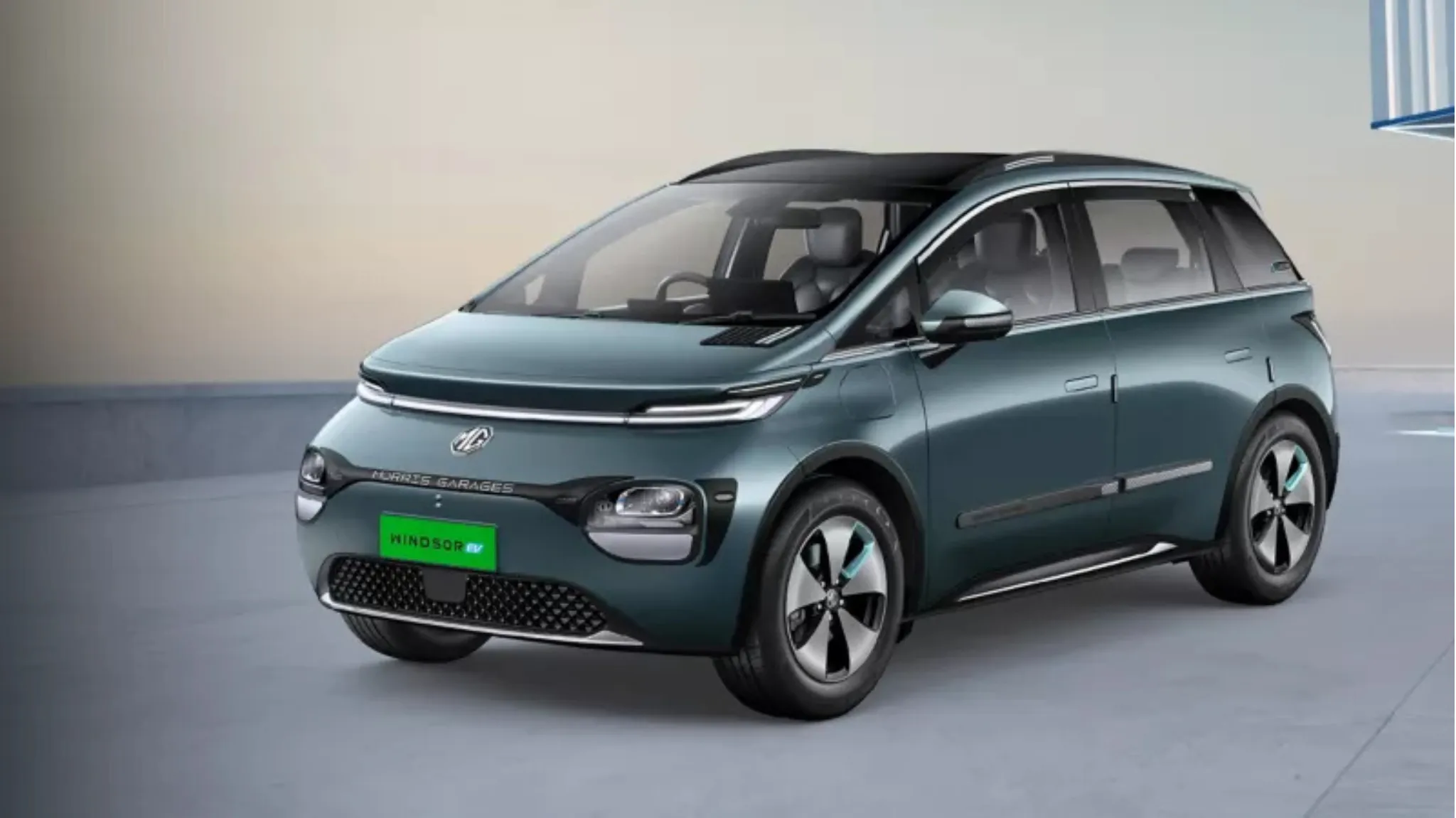
This remarkable growth reflects India’s accelerating shift toward cleaner mobility solutions, as electric passenger vehicles (PEVs) now account for around 5% of total car sales—a significant rise from 2.6% in FY25. The data underscores the increasing acceptance of EVs among Indian consumers, driven by expanding model lineups, better charging infrastructure, and heightened environmental awareness.
Tata Motors Leads the Electric Revolution
Tata Motors continues to dominate India’s EV landscape with consistent double-digit growth across its electric portfolio. Shailesh Chandra, Managing Director and CEO of Tata Motors Passenger Vehicles, revealed that the company retailed over 10,000 EVs in just 30 days, during the festive season from Navratri to Diwali—a 37% increase over the previous period.
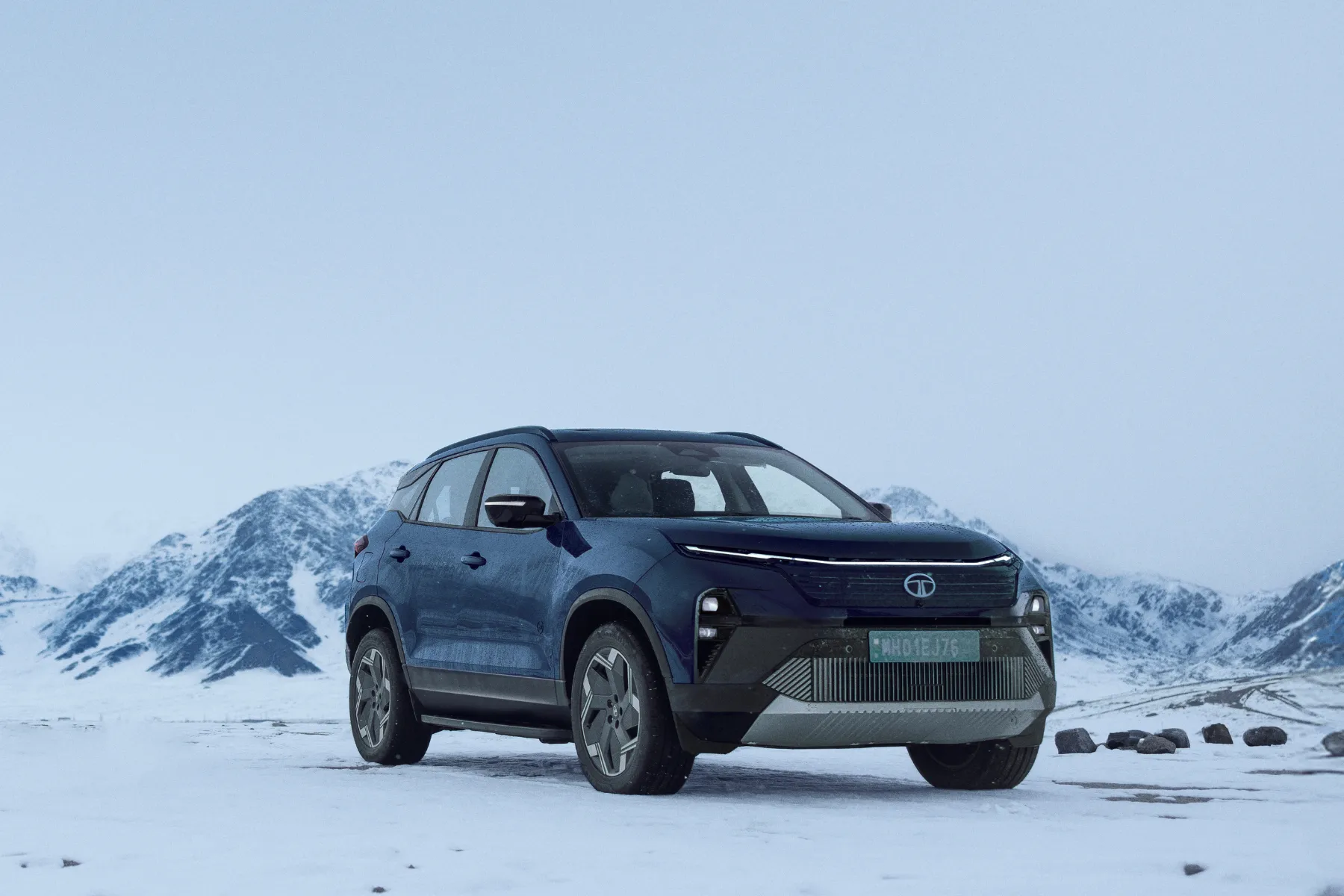
“Our EV portfolio continued its upward trajectory with strong customer response,” Chandra said. “In the second quarter of FY26, our total vehicle sales grew by 59% year-on-year, reaching 25,000 units. EVs now account for 17% of Tata’s total passenger vehicle sales.”
This strong performance cements Tata’s position as the frontrunner in India’s electric mobility movement, supported by popular models like the Nexon EV, Punch EV, and Harrier EV.
JSW MG Motor Expands Green Portfolio
JSW MG Motor India, a key player in the EV segment, has recorded significant milestones with the MG Windsor EV crossing 50,000 unit sales within a year of launch—one of the fastest adoption rates for an EV model in India.
Anurag Mehrotra, Managing Director of JSW MG Motor India, said, “The share of EVs in our sales stands at 80%, driven by strong traction across categories. We expect EVs to achieve a 7% industry-wide market share by the end of FY26. In the next decade, EVs and hybrids together could command 30% of the total passenger vehicle market.”
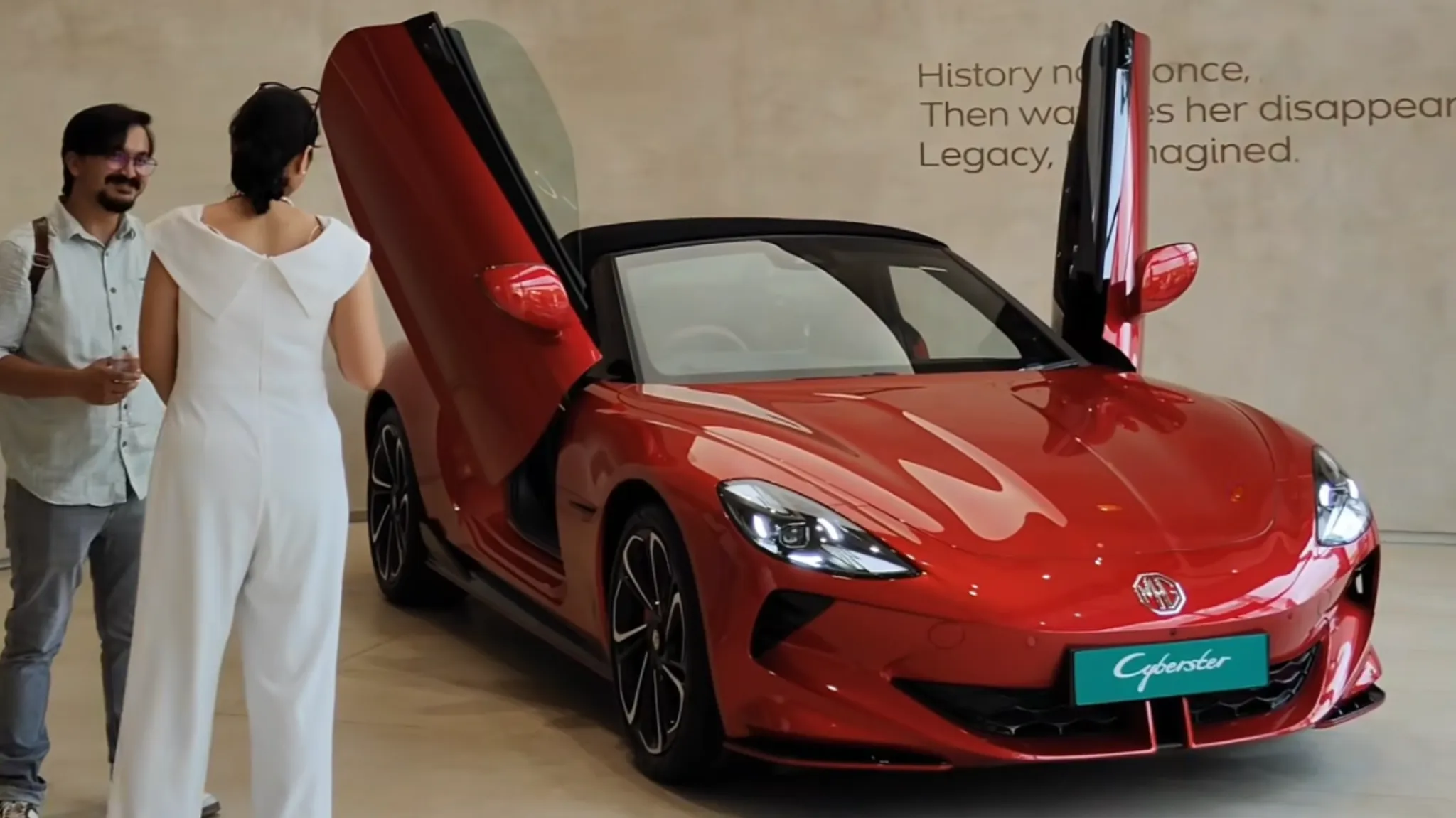
Adding to the company’s momentum, the MG Cyberster became the India’s best-selling sports car within just two months of launch, proving that performance-oriented EVs are finding a strong audience.
BMW and Mercedes Electrify the Luxury Segment
The luxury car segment, too, is witnessing a powerful transformation as automakers accelerate their transition toward electrification. BMW India recorded outstanding growth with 2,509 electric BMWs and MINIs delivered, marking a 246% year-on-year rise.
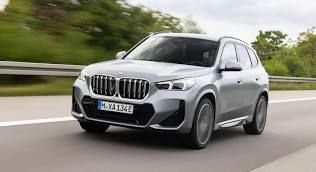
Hardeep S. Brar, CEO of BMW India, stated, “Our top models, including the BMW iX1 long-wheelbase and the flagship BMW i7, are driving demand. The share of EVs in total sales has climbed to 21%, and we expect it to reach 30% by 2030.”
Similarly, Mercedes-Benz India is strengthening its electric lineup as part of its decarbonization roadmap. Santosh Iyer, Managing Director and CEO of Mercedes-Benz India, noted, “EVs are central to our future strategy. The locally produced EQS SUV recorded its highest-ever sales, pushing our EV penetration to 8% of total volumes. We saw a 10% growth in EV sales in the second quarter of this fiscal.”
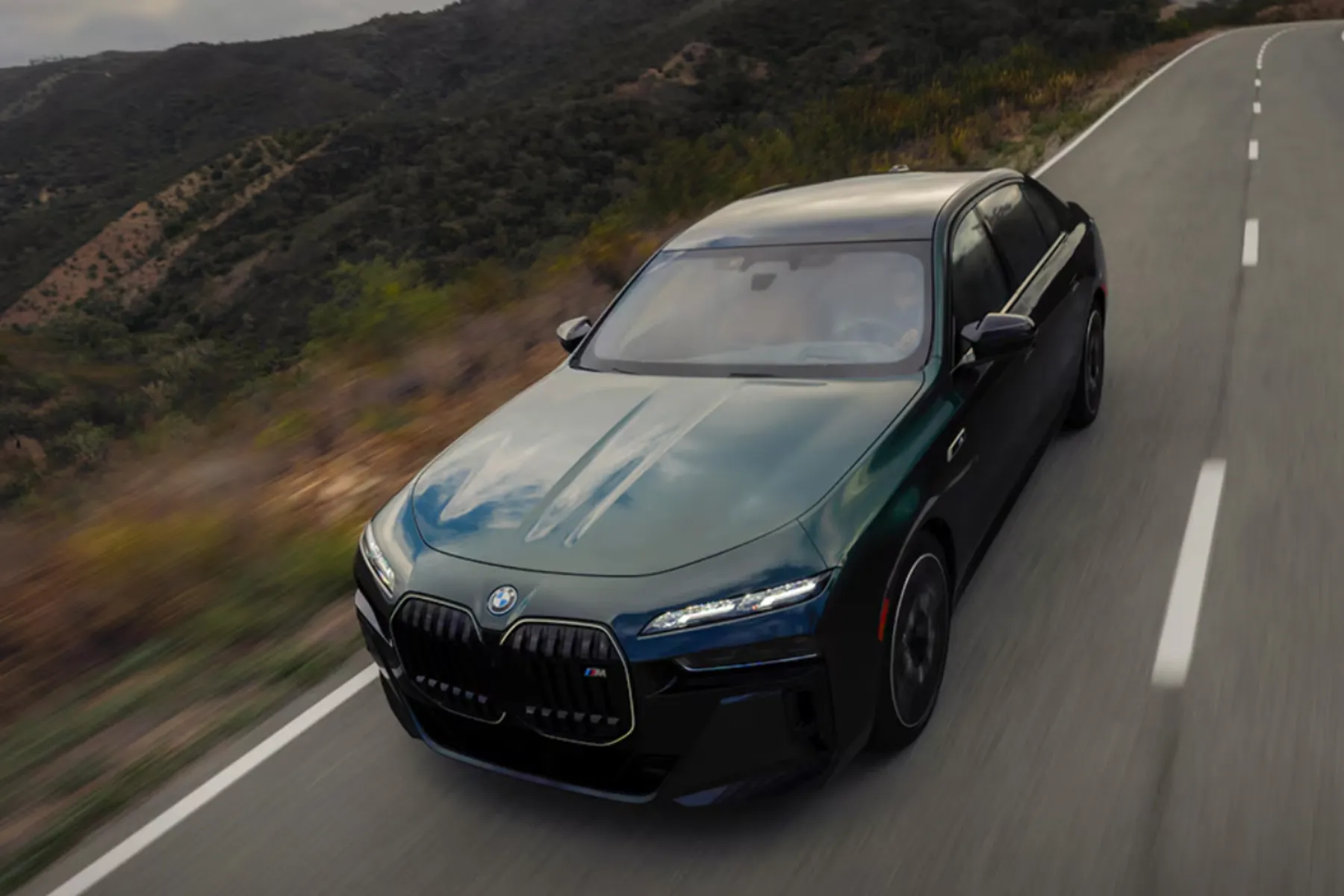
EV Market Outlook: On Track Toward 30% Penetration
Industry experts predict that India’s EV adoption will continue to accelerate as more models enter the market and the government expands incentives under the FAME-II and upcoming FAME-III schemes. With both domestic and global automakers investing heavily in local manufacturing and battery innovation, the foundation for sustained growth is being solidified.
In the coming decade, analysts forecast that EVs and hybrids together could reach a 30% market share, signaling a pivotal transformation for India’s automotive ecosystem.
Conclusion
The first half of FY26 has positioned India’s electric vehicle sector on a fast track to maturity. With sales doubling year-on-year, increasing affordability, and a diverse lineup of both mass-market and premium EVs, the nation is moving steadily toward a greener and more sustainable mobility future.
From Tata’s record-breaking volumes to BMW’s luxury electric push and MG’s rapid scale-up, every major automaker is contributing to this revolution. If the current pace continues, India could soon become one of the world’s fastest-growing EV markets, aligning strongly with its decarbonization and sustainability goals.
